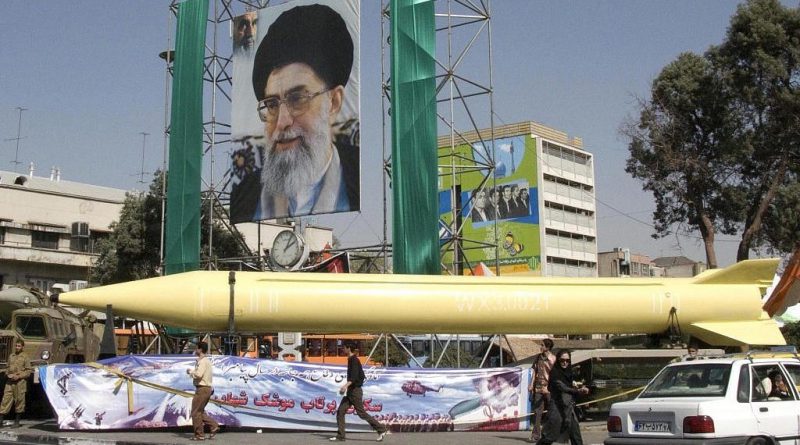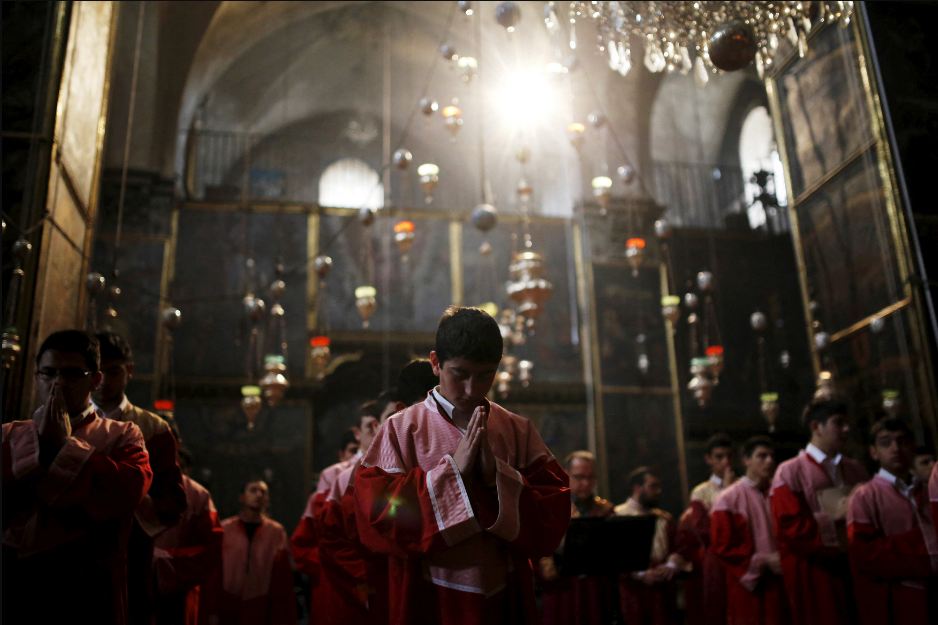OPINION: The Fall of Iran’s Nuclear Gamble
The strikes didn’t just destroy facilities, they shattered illusions.
It has finally happened, the inevitable, the writing long scrawled on the wall now seared into reality. With twelve bunker-busting bombs and thirty cruise missiles, the United States brought to ruin what took the Islamic Republic of Iran two decades and over a trillion dollars to build: its nuclear crown jewel. Its trophy. Its last card on the global stage.
The strikes didn’t just destroy facilities, they shattered illusions. What came crashing down wasn’t merely a set of centrifuges or underground bunkers. It was the pride of a regime that had gambled its people’s future on the delusion of strategic supremacy, and lost.
As an amateur student of history and a humble observer of geopolitics, I can say this with some confidence: we are now watching the final act of the Islamic Republic unfold. The fall may not be instantaneous, but it is now inevitable.
The Dominoes Are Already Falling
Paradoxically, the more the regime fights – especially if it expands its conflict to include U.S. bases or threatens GCC nations – the more it may temporarily delay its own demise. War creates chaos. Chaos suppresses mobilization. Ordinary Iranians – weary, disconnected, and desperate for stability – will wait for the guns to fall silent before daring to rise.
But rise they will.
As with Serbia under Milosevic, the aftermath matters. People need time to digest the sheer scale of their leaders’ incompetence. Once the smoke clears, Iranians will be confronted with the stark truth: the entire nuclear program was a catastrophic, generational waste.
The regime claimed that its repression, foreign interventions, and economic sacrifices were justified to achieve national security and regional prestige. Instead, it propped up Assad, Hezbollah, Hamas, and the Houthis – to the tune of $250 to $300 billion – only to watch each of these proxies collapse or become irrelevant.
What remains? Just the wreckage of a dream that became a nightmare. The Iranian people endured crushing sanctions – costing their economy an estimated $1 to $1.6 trillion. All for what? For a nuclear program that is now a smoldering crater.
The House Always Wins
To understand the scale of betrayal, imagine a family dynamic.
The regime is the abusive, gambling-addicted father. He had wealth. He had options. He could have used his resources to build a comfortable life for his family, modern schools, good healthcare, beautiful homes. Instead, he dragged them into a cramped, stifling existence. He mortgaged the house, sold their future, and gambled everything away in the dim-lit halls of Vegas – metaphorically speaking.
For two decades, he told his family, “I know what I’m doing. Just a little more sacrifice, and we’ll win it all back.” But he forgot one thing: this world is America’s casino. And in Vegas – the house always wins.
Now the father returns home, broke, humiliated, with nothing to show for the years of lies and suffering. And the family? They look at him with a mix of contempt, rage, and sorrow. They grab what they can – pots, pans, vases — and they beat him into the fate he most deserves: death by a thousand cuts.
This is not fantasy. It’s a metaphor for a popular uprising. The only path left. And it will come – once the air clears, once the internet returns, once the people can see what has happened with their own eyes.
The Silence Before the Storm
The only lifeline left for the regime is to keep some form of conflict alive – not enough to provoke total war, but just enough to keep its own people afraid. As long as fear holds the streets, the regime can breathe. Barely.
But the end is written. The Islamic Republic, as we know it, cannot survive this.
This summer will be decisive. Not just for Iran – but for generations of Iranians. The dream of the Islamic Republic has turned to ash. And in its place, something new will rise – if the people are given even a sliver of peace.
Disclaimer: Views expressed by writers in this section are their own and do not reflect Milli Chronicle’s point-of-view.



